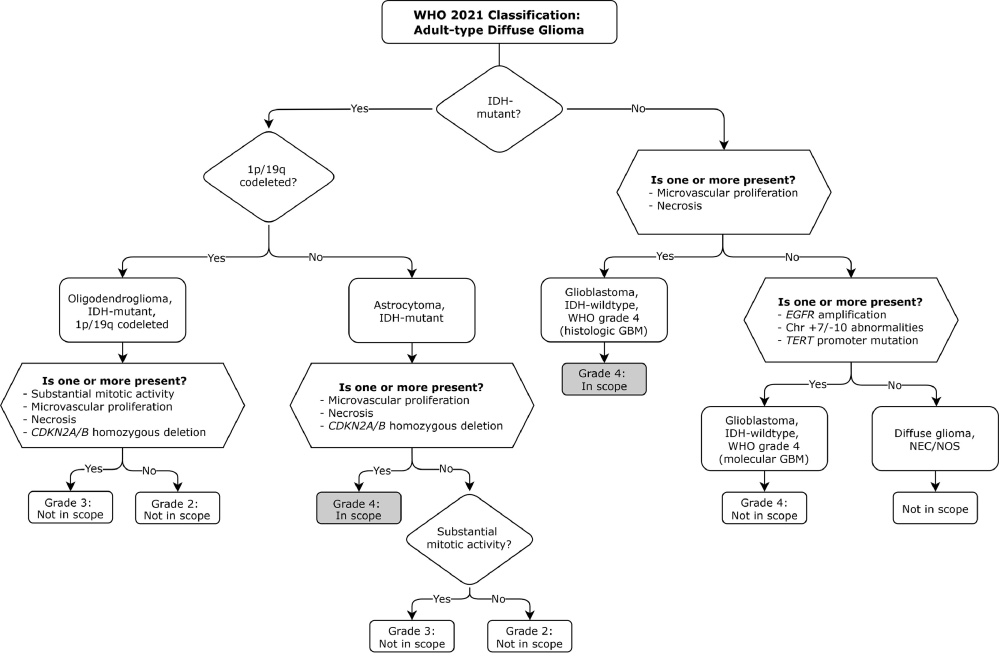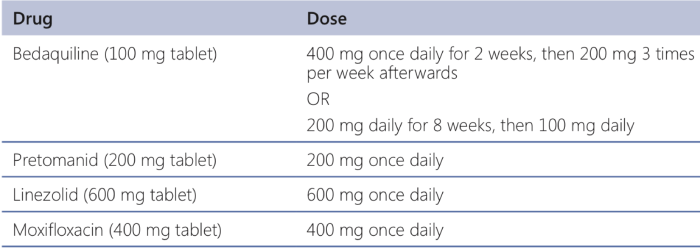A new network meta-analysis of nine phase 3 trials (n=6425) compared first-line treatments for advanced hepatocellular carcinoma (HCC), focusing on overall survival (OS) and health-related quality of life (HR-QoL).
Researchers evaluated immune checkpoint inhibitor (ICI) combinations, ICI monotherapy, and tyrosine kinase inhibitors, with most trials using sorafenib as the control. Time to deterioration was measured across six QoL domains: global health, physical function, fatigue, jaundice, pain, and abdominal swelling. Rankings were based on SUCRA scores and hazard ratios.
Key Findings:
-
Atezolizumab + Bevacizumab ranked best across four QoL domains—global health/QoL (SUCRA 0.85; HR 0.63), abdominal swelling (0.950; HR 0.57), jaundice (0.895; HR 0.77), and pain (0.861; HR 0.65).
-
It also outperformed all regimens when OS was integrated with HR-QoL.
-
Sintilimab + IBI305 offered the best OS probability (SUCRA 0.892) and ranked well in pain, fatigue, and abdominal swelling.
-
Tislelizumab preserved physical functioning and fatigue, making it an alternative for QoL-focused patients.
-
Sorafenib and lenvatinib monotherapy consistently ranked lowest.
Takeaway: Atezolizumab plus bevacizumab remains the strongest first-line therapy for advanced HCC when balancing both survival and quality of life, while other ICIs may provide niche QoL advantages.

